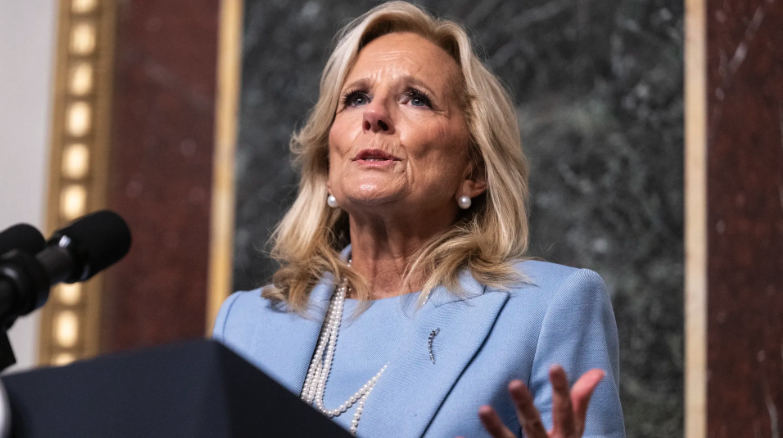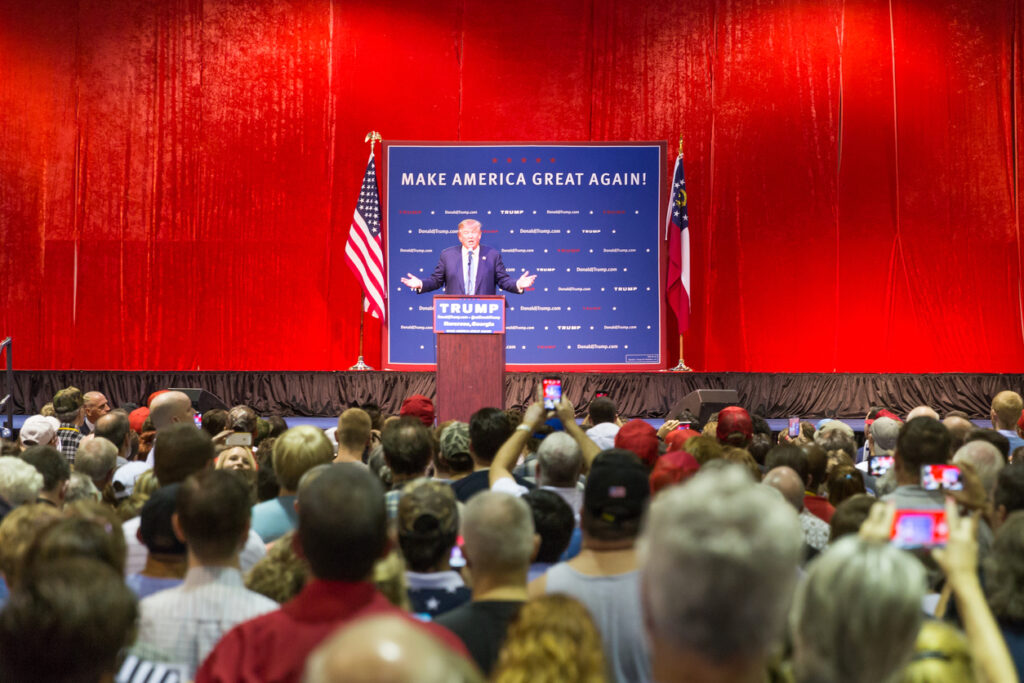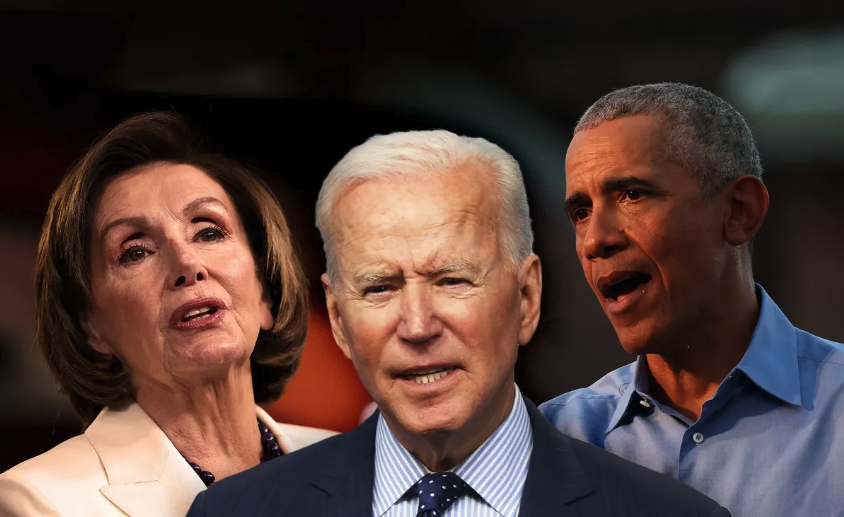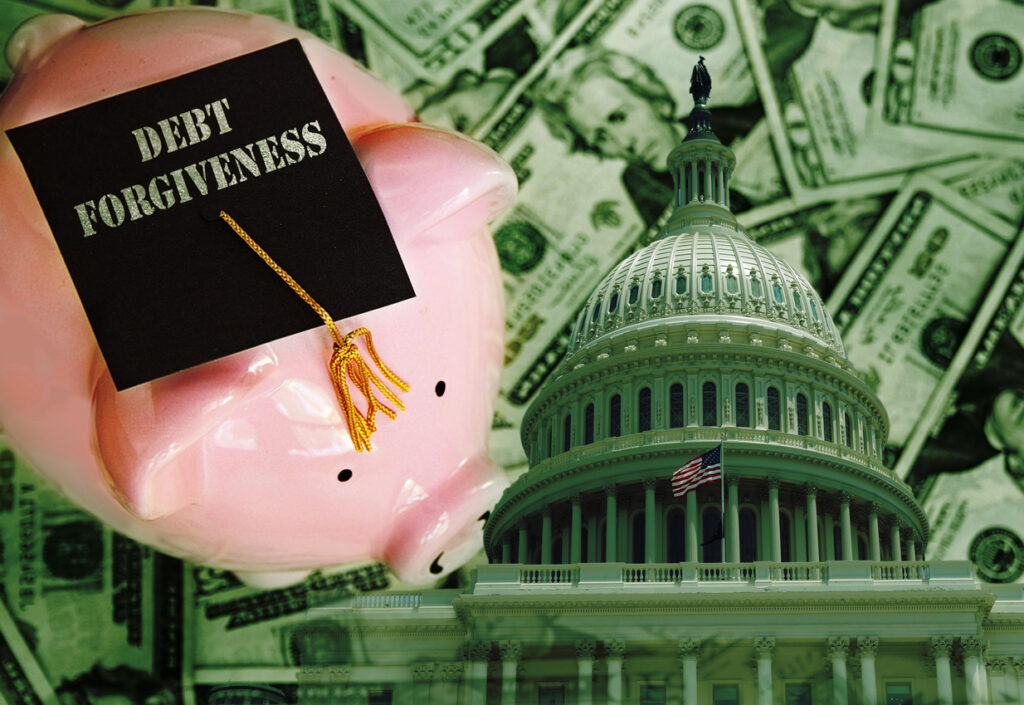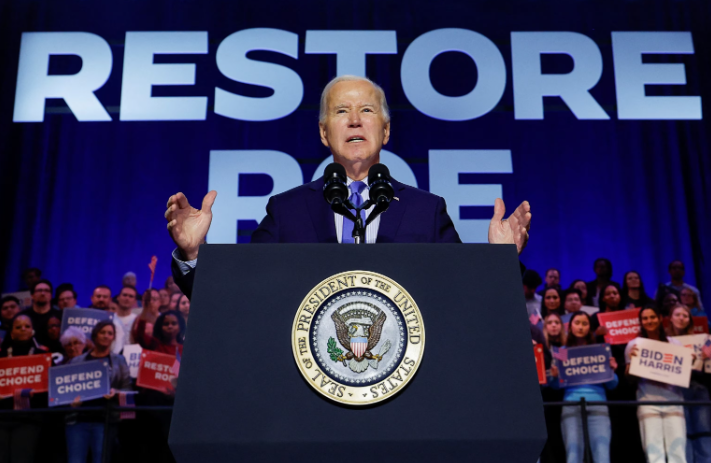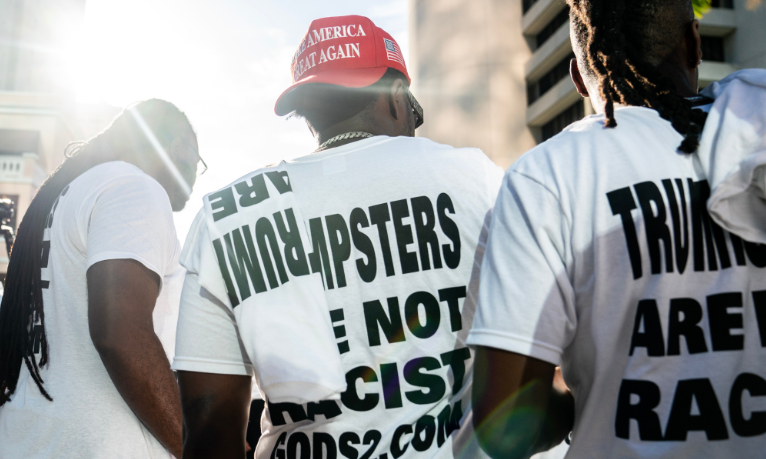In a move that could rival the drama of a season finale cliffhanger, Congress has approved a resolution targeting President Joe Biden’s electric vehicle (EV) charger plans. Picture this: the House has just passed legislation aimed at pulling the plug on a rule meant to speed up the spread of EV charging stations, and the White House is already sharpening its veto pen.
Let’s set the scene. This resolution, S. J. Res. 38, sponsored by Sen. Marco Rubio (R-Fla.), is essentially the congressional equivalent of saying, “Hold up, let’s rethink this.” It’s a bid to scrap a Federal Highway Administration waiver from domestic sourcing requirements for EV chargers funded by the 2021 bipartisan infrastructure law. Think of it as Congress trying to hit the ‘undo’ button on a very large, very green project.
Now, onto the characters in our political theater. On one side, we have Rep. Sam Graves (R-Mo.), chair of the Transportation and Infrastructure Committee, who’s essentially arguing, “If we’re going all-in on EVs, let’s make sure everything is as American as apple pie.” On the other side, there’s Rep. Rick Larsen of Washington, the Transportation Committee’s top Democrat, playing the role of the voice of reason, saying, “Hold your horses, we need to give the private sector some time to catch up.”
The plot thickens with the White House claiming that the resolution, rather than boosting American-made charging stations, would do the exact opposite. It’s like trying to solve a Rubik’s Cube only to make it more jumbled. Critics argue that by scrapping the waiver for charger parts like iron and steel, the resolution could inadvertently lead to more chargers being made in competitor nations. The White House, waving its veto threat like a red flag at a bull, is not amused.
But wait, there’s more! Rubio, in a rebuttal worthy of a prime-time debate, says, “If we’re spending taxpayer money on EV charging stations, they better be as American as baseball and Fourth of July barbecues.”
Meanwhile, in a subplot worthy of a political soap opera, three senators facing tough reelections have decided to support the resolution. It’s like they’re walking a tightrope over a canyon of energy and labor politics. And then there’s Sen. Joe Manchin of West Virginia, who’s like the wildcard character who keeps everyone guessing.
In the House, the vote was a mix of expected and unexpected alliances. Only two Democrats voted for the resolution, while two Republicans, known for their environmental stances, voted against it. It’s like a game of political Twister where you never know who’s going to end up where.
As for overriding Biden’s expected veto, it’s looking as likely as finding a unicorn in your backyard. The resolution needs two-thirds in each chamber, and let’s just say the odds aren’t in their favor.
On the EV front, the White House is charging ahead with its ambitious goal of having 50% of all new vehicle sales be electric by 2030. It’s like they’re trying to turn the U.S. into a scene from “The Jetsons.” And with 170,000 chargers already installed nationwide, it’s clear they’re not just spinning their wheels.
But the EV saga isn’t just about politics; it’s also about business. Companies have been busy setting up over 40 EV charger plants since Biden took office, thanks to the “product-specific guidance” from the waiver. Scrapping the waiver could be a real party pooper for these businesses, throwing a wrench in their well-oiled plans.
So, there you have it – a political rollercoaster ride with twists, turns, and a dash of drama. Whether you’re an EV enthusiast, a political junkie, or just someone who enjoys a good Capitol Hill plotline, this story has something for everyone. Buckle up, because the road to EV transition is proving to be quite the adventure. 🚗⚡🏛️
